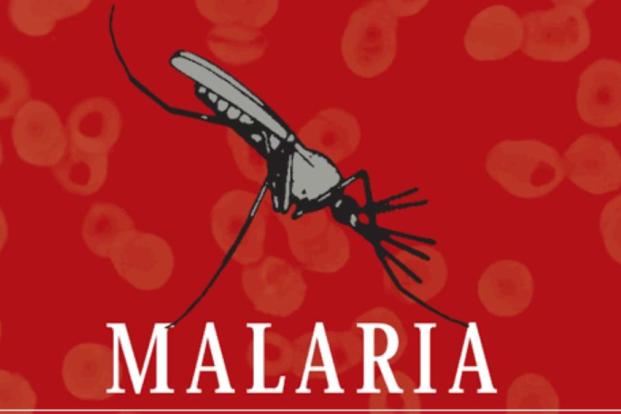Know About Malaria
Apr 19, 2022
Malaria is a disease caused by a parasite which is transmitted to humans through the bites of infected mosquitoes. People who have malaria feel very sick, with a high fever and chills. Malaria is mostly common in tropical and subtropical countries.

Signs and symptoms of a malaria infection are:
- Fever
- Chills
- Headache
- Nausea and vomiting
- Muscle pain and fatigue
- Chest or abdominal pain, cough
A type of microscopic parasite causes malaria which is transmitted to humans via mosquito bites:
- Uninfected mosquito: mosquito becomes infected by feeding on a person who has malaria.
- Transmission of parasite: Should this mosquito bite you, it can transmit malaria parasites to you.
- Once the parasites enter your body, they travel to your liver — where some types can lie dormant for as long as a year.
- As soon as the parasites mature, they leave the liver and infect your red blood cells. This is when people typically develop malaria symptoms.
- At this point in the cycle if an uninfected mosquito bites you, it will in turn also become infected with your malaria parasites and can spread them to the other people it bites.
- Due to the fact that the parasites which cause malaria affect red blood cells, people can also catch malaria from exposure to infected blood, such as from mother to unborn child, through blood transfusions, by sharing needles used to inject drugs, etc.
Take steps to avoid mosquito bites. Mosquitoes are most active between dusk and dawn. To protect yourself from mosquito bites, you should:
- Cover your skin. Wear pants and long-sleeved shirts.
- Apply a mosquito repellent cream on your body.
- Avoid collection of water in your vicinity as collected water produces mosquitoes.
- Sleeping under bed nets which cover all of the bed down to the floor. These nets are most effective when treated with an insecticide.









